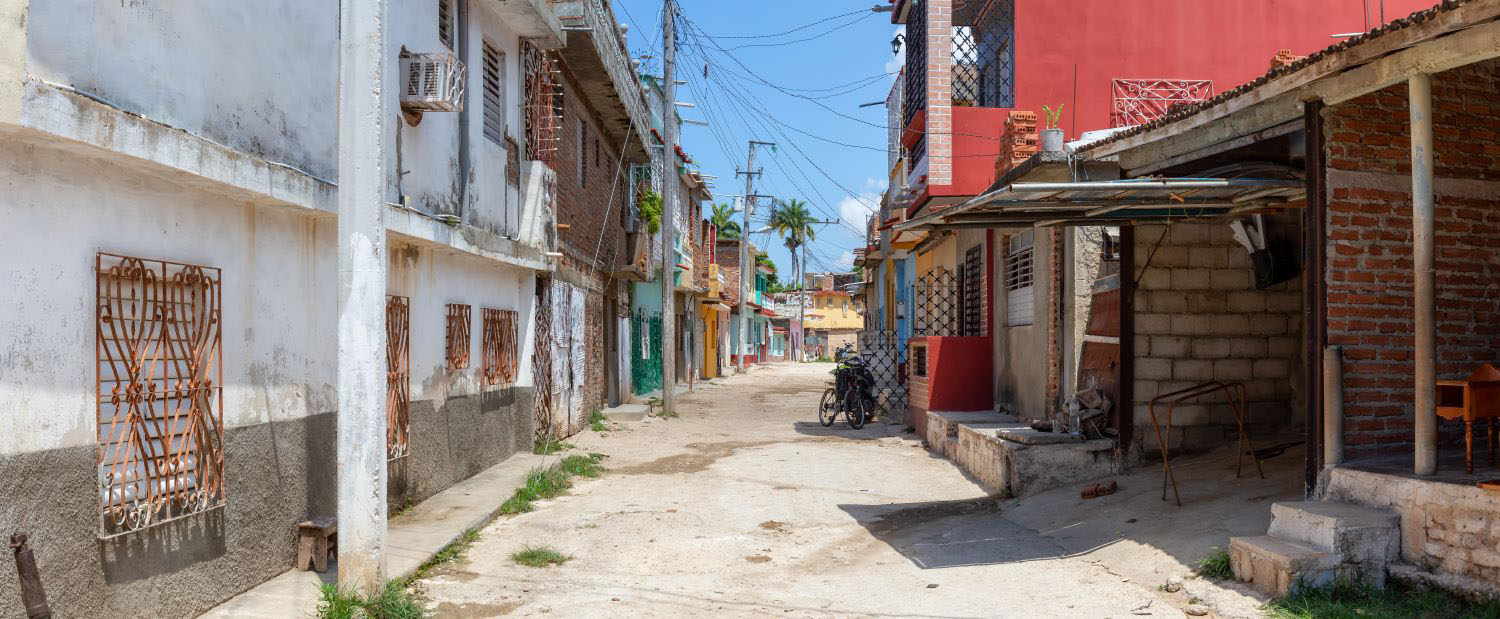This is a joint post with Wren Elhai.
A frustrated David Ignatius chided Congress in yesterday’s Washington Post for its dithering in passing legislation that would create “Reconstruction Opportunity Zones” (ROZs) in Pakistan’s Federally Administered Tribal Areas (FATA). Ignatius calls the ROZ initiative a “modest boost for the good guys” and laments that it is caught up in a partisan food fight in the Senate. We share his frustration over the Senate’s inaction, but we are less optimistic about the bill’s potential impact. In the legislation’s current form (details below), ROZs would at best be a token gesture that would be well received in Pakistan; at worst, they risk having little (if any) economic impact and creating expectations that cannot be met. If Senators are serious about promoting U.S. national security interests through economic progress in Pakistan, they should be prepared to go to the mat for something that will actually make a difference. Expanded trade access for all Pakistani exports from all of Pakistan is the best way to ensure a meaningful economic boost to Pakistan’s “good guys.”
If finally passed, the current version of the bipartisan ROZ legislation would expand duty-free access for certain textile and apparel exports from Pakistan’s troubled border region with Afghanistan, as well as areas affected by the 2005 earthquake. With support from the Obama administration, the legislation passed the House in June 2009. More than a year later, the Senate has yet to vote on its version. According to Ignatius, this delay is because of a dispute over labor protection standards that were included in the House bill. He writes:
“It’s incredible – sickening is a better word, actually – that a parochial business-labor dispute is blocking a measure that is so obviously in America’s national security interest.”
Ignatius has a point: it is indeed in the security interest of the Unites States to help create economic opportunities in the FATA region – a region that President Obama deemed “the most dangerous place in the world for the American people.” And, due to the hard reality that FATA is one of the most difficult places on earth to spend aid money well, it is even more important for the United States to look beyond aid for ways to help the Pakistani private sector create new jobs. From this perspective, trade is one of the most powerful weapons in the U.S. policy arsenal.
However, as our colleague Kim Elliott points out in a CGD note, the ROZ legislation in its current form would have relatively little economic impact in the FATA region. The bill’s product restrictions, meant to avoid opposition from the U.S. textile industry, exclude half of Pakistani exports, including many in the highest tariff categories. (Unfortunately, these restrictions are not limited to Pakistani products—U.S. trade policies regularly exclude or heavily tax imports from poor countries.) Kim writes that the proposed tariff reduction is “unlikely to be sufficient to overcome the competitive disadvantages of having to produce in Pakistan’s remote and often insecure border regions.” She also notes that the legislation fails to exploit the considerable potential for economic growth in Punjab, Sindh and other more urbanized areas of Pakistan.
CGD president Nancy Birdsall suggests a better plan in her second open letter to Ambassador Holbrooke. She encourages Congress and the administration to work together to develop and pass legislation for duty free, quota-free access to U.S. markets for all Pakistani exports from all of Pakistan for at least the next five years. She writes that offering broader access to U.S markets would have a greater economic effect, encouraging diversification and increasing the potential development dividends from trade.
When we mention this proposal, we often hear: “You’re right, that would be great, but the U.S. textile industry will never let that happen.” However, the beauty of this proposal is that expanding duty-free, quota-free access to all Pakistani exports would have just a “vanishingly small” impact on U.S. producers, according to Kim’s analysis. Together with colleagues, she has simulated the effects of extending duty free, quota-free access to all 49 least developed countries plus a set of additional countries that includes Pakistan and Vietnam. The net impact on U.S. textile production for all of these countries is less than a 1 percent reduction; Pakistan’s share is considerably smaller. This gives us some glimmer of optimism that if Congress were to get serious about the national security implications of expanded economic opportunities for Pakistanis, the negligible impact on U.S. producers would be a hollow excuse not to act.
So, Congress, we echo Ignatius’s plea to cut through the partisan gridlock and resolve the wrangling over labor issues that are stalling the passage of ROZ legislation. But if you are going to the effort to do that, why not ensure that the legislation can actually achieve its intended effect, by expanding market access to all products from all of Pakistan? Without these changes, the Reconstruction Opportunity Zones will be a very nice diplomatic gesture, but don’t count on real development benefits.
Disclaimer
CGD blog posts reflect the views of the authors, drawing on prior research and experience in their areas of expertise. CGD is a nonpartisan, independent organization and does not take institutional positions.





